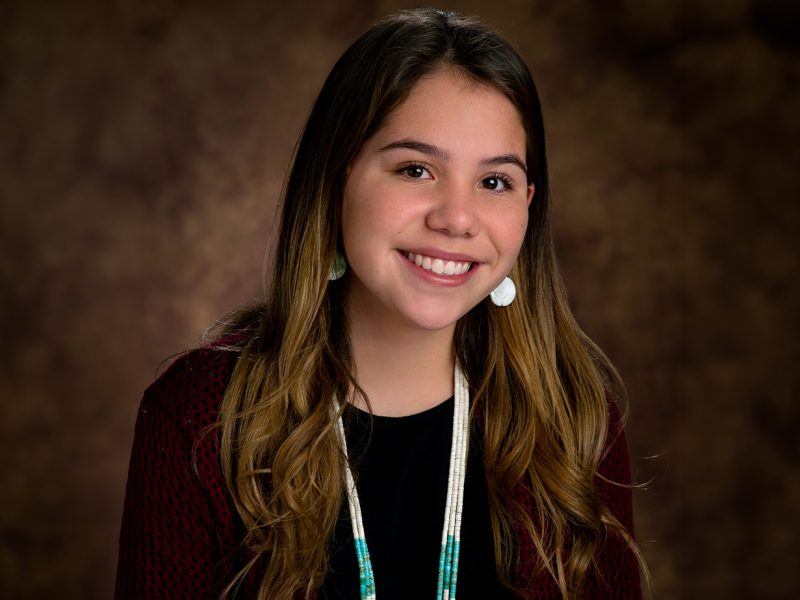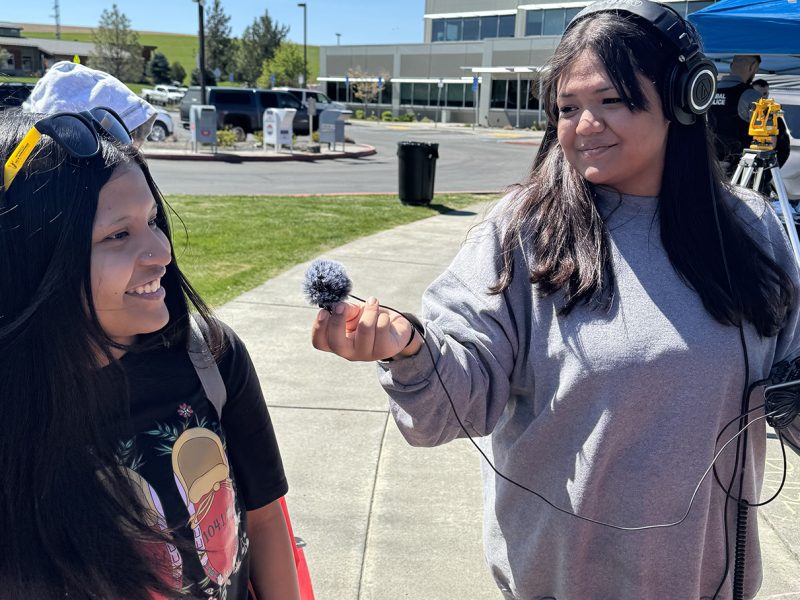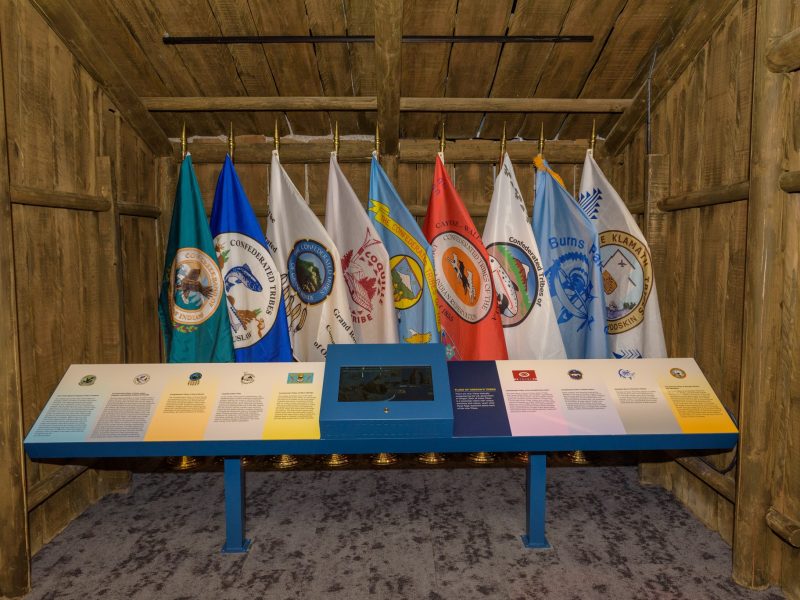Oregon Health Authority grant will pay for food, back rent, utilities, child care and phone bills
MISSION – A grant from the Oregon Health Authority (OHA) will provide additional funds to help CTUIR members pay for costs incurred due to COVID-19.
OHA has awarded $500,000 in federal Coronavirus Relief Funds (CRF) to the Department of Children and Family Services of the Confederated Tribes of the Umatilla Indian Reservation (CTUIR).
The funding, according to OHA, is intended to serve and support the health of people in Oregon, particularly people diagnosed with or at higher risk for COVID-19 and associated complications due to longstanding social and health inequities, prioritizing tribal communities and communities of color.
Unlike other COVID-related relief, the CRF does not have income-based eligibility restrictions.
However, Tribal members still will need to provide documentation that their financial need is COVID-related, according to Jaimie Crane, DCFS office manager and Julie Taylor, DCFS Director, who helped obtain the grant, along with Kathleen Elliott, DCFS Workforce Development coordinator, and Jody Deardorff, CTUIR Financial Services manager.
The grant funding has been approved to provide aid for expenses incurred from March 2, 2020 through Dec. 30, 2020 according to Crane, so many COVID-related expenses will be covered for Tribal members.
CTUIR members and their immediate family, along with members of other federally-recognized Tribes, are eligible for funds to pay for, among other things, food, back rent, utilities, child care and phone bills.
Additionally, the federal funds will be used to provide a variety of items for “kits” that will be provided to Tribal members much like food distributions. Tribal members do not have to prove need to receive the kits.
“We want people to be able to stay in their homes, stay warm, have food, and access to health care and educational resources they might need,” Crane said.
With the exception of the “kits,” the funding will be used to cover eligible expenses; there will be no cash distributions.
Once provided with sufficient documentation on eligible expenses, DCFS will send a check to the appropriate landlord or business, etc. Crane said the OHA grant money should be available this month. Those who plan to provide documentation for COVID-related bills/expenses/needs should call Jaimie Crane at 541-429-7309 or DCFS Director Julie Taylor at 541-429-7315.
The CRF money can be used to provide gift cards for food, fuel or phone minutes. Additionally, the grant funds could be used to provide certain technologies, even phones, for elders who especially might need internet for tele-health services, according to Elliott.
“I think this will help put people at ease,” Elliott said. “Heating bills have gone up, families need more food for kids at home. I don’t think parents really knew how much difference it makes when your kids have meals every day at school.”
The federal grant also will be used to pay for five different “kit handouts,” including a “stay-at-home” kit with supplies expected to last two weeks. A list of more than two dozen items range from pasta to pet supplies, from over-the-counter medication and board games, to humidifiers to taxi vouchers.
A “COVID-19 Prevention” kit includes a laundry basket filled with such items as fabric softener, bleach, disposable gloves and masks; a bucket filled with items like antibacterial wipes, dish soap and sponges; plus a mop, broom, air purifiers and filters.
A “homeless survival” kit includes waterproof backpacks, a sleeping bag, a reusable water bottle and playing cards. The kit contains five key components in – a shelter bag that includes things like a rain poncho and a Mylar emergency blanket; a tool bag with a headlamp and can opener; a food/water bag filled with vacuum packed meals, jerky, dried fruit and eating utensils; a first-aid bag with scissors, sunscreen and vitamins; and a hygiene bag containing nearly a dozen items ranging from toothpaste to toilet paper to disposable razors.
“Distance Learning Support” kits for tribal students of all ages includes a wireless keyboard and mouse, headphones and a host of school supplies such as a dry erase board and markers, a calculator, a flash drive and cell-phone stand.
Finally, “baby boxes” – to be delivered in large sturdy boxes that can serve as a “safe, portable sleeping area for baby” – will include items such as blankets, thermometer, nail clippers, pacifiers and … condoms.


